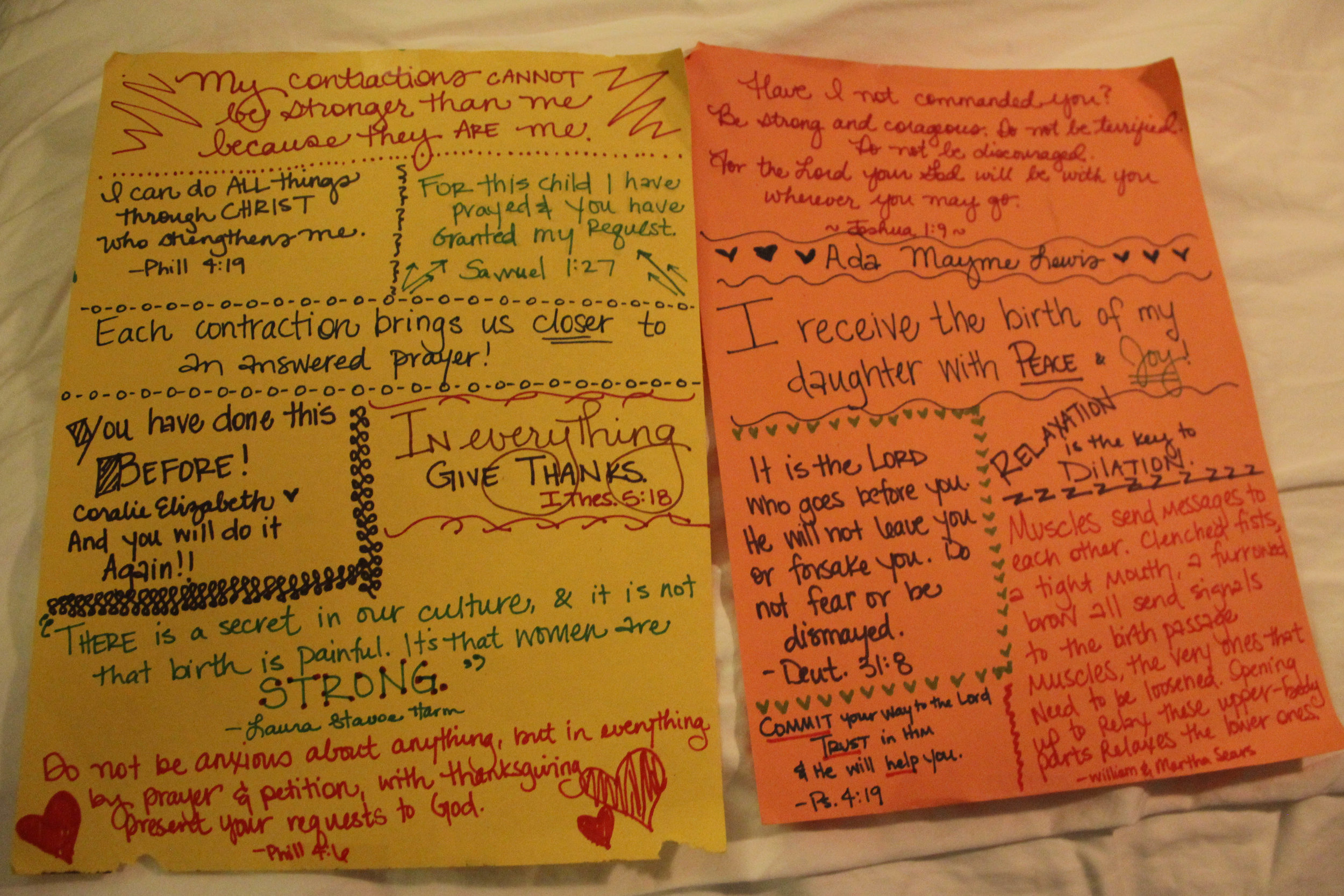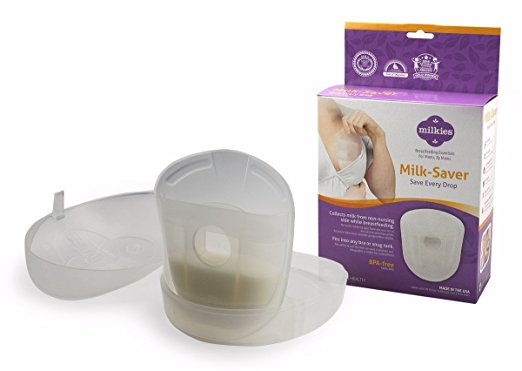Congratulations on your pregnancy and decision to hire a doula! It can be a daunting project to decide what to ask when interviewing doulas and finding the right one for you. Here is a peek behind the doula curtain to see why certain interview questions matter!
You can find lists of questions to ask when interviewing doulas all over the internet and one of the first questions they recommend is how many births have you attended? A better question to ask is: How has your training prepared you to support me in my labor and birth? You might even ask a bit more about what their training was like and what it involved! Everyone has to attend their first few births, I have to say, I did an amazing job supporting my very first client! It is about so much more than numbers. A good training will have your doula ready to support you whether it is her first birth to attend or her twentieth! Your connection with your doula honestly matters more than the number of births she has attended. Do you feel comfortable and supported with her? That's what you should ask yourself!
Speaking of a good training - ask her if she is Certified? If so, with what organization? There are many doula training organizations out there! Some people pick a big name company or a smaller one that they connect with their ideology and philosophys. Sometimes you will have an uncertified doula tell you that she has decided to remain uncertified although she trained with xyz organization because she found their "scope of practice limiting". Honestly, if they found it limiting, they needed to find another organization that has a broader scope or one they agree with more and certify with them. Ask them what about that scope was limiting? Was it that they can't use essential oils? Is it because they aren't allowed to do cervical exams? (if your doula says she will do cervical exams RUN! that is not her job!)
You can be a great doula without being certified but here's why I advocate for certification - it holds the doula to a higher standard! If I was running around doing things I shouldn't (catching babies, acting unprofessional, not showing up to births etc) my clients can contact the 3 (yes 3!) organizations I hold certifications with and I would have someone to answer to. I get resources and materials from these organizations, I don't want to do something to ruin that relationship with my cert org because that's part of me staying in business! Doulas are not regulated (like midwives or doctors) so working with someone who has taken the time, expense and effort to maintain a certification is an indicator that you have found a professional, not someone doing this as a hobby.
Some other certification/training questions: Do you have to recertify yearly? (or did they get a lifetime stamp of approval regardless of how they practice?) Tell me about your training? (was it an in person hands on training or was it all distance education and books or a combination of both? There isn't a good or a bad here, just what fits their learning style best. If they've only attended a handful of births, is it important to you if they had hands on training?)
Ask about continuing education. A professional doula should always be working towards learning and growing, if her certification organization requires yearly recertification she will be working on something. This is also great for you! Continuing Education is when doulas pick up skills beyond the basics they learn at training. Accupressure, TENS, Massage, advanced situation training (ie bereavement doula), rebozo, spinning babies etc. These are just an example of things a doula can add to her tool belt to help you have a supported birth!
What unique or challenging experiences have you faced as you have supported clients? This is where the number of births comes into play, you can have a doula that has been to 50 births, but they all happen to be uncomplicated vaginal births. You can have a doula who has attended three and all three had a complication arise that has afforded the doula unique and invaluable experiences.
Some people ask how many children a doula has. That might be important to you, but I know doulas that do not have children and they are awesome at their job! Instead ask, Do you have reliable childcare? How long will it take you to get to me when I am in labor? Doulas who do this professionally have some awesome on call childcare options! When I take on a client I have a game plan of where my children can be dropped off at a moments notice for the 5 week on-call window, 24/7!
What is your birth philosophy? is a common interview question - it isn't a bad question, but a better question would be if she can support you in your desired birth? (water birth, hospital birth, birth center birth, home birth, vbac, unique complication, c-section whether planned or emergent)
How do you work with my husband/partner? Doulas and dads should complement each other. A doula should not take a partners place (unless that's what the birthing person and partner want!). Sometimes I'm at an interview and a pregnant mother wants me to convince her husband that a doula is a good idea. Doulas love to talk about what we do and how we can help you have an awesome birth but please understand we can't make him do anything. I don't know the dynamics of your relationship and if he doesn't really want me there and it has been forced on him, it probably won't be the greatest birth environment when half of the birthing couple doesn't want the doula present. Hopefully after meeting a doula your partner is on board with a supported birthing experience!
Another frequent question is whether or not a doula has worked at your particular birth place or with that provider. I am in the Dallas Fort Worth metroplex, we have hundreds of care providers! While there are some providers I have worked with more than once, chances are I won't ever work with all of them! It still might be nice to know if the doula has worked with them, but don't put a lot of stock in that response! You should ask the doula instead, I am planning a ______ birth. What questions would you suggest I ask my care provider to see if he/she will support my wishes.
Do you have any "black out dates" around my due date? This is a great way to also learn about their back up doula! Doulas are people too and sometimes we need to go out of town or attend a wedding etc. There's about a 3% chance of going into labor on any given day, so the chances of you laboring on the day(s) that your doula isn't available are slim but she should have a solid back up relationship regardless of black out dates! If your doula does have a black out date, ask if you can meet the back up doula if you'd like!
Do you have an hourly clause in your contract? Hourly clauses work a couple of different ways: Some doulas charge a base rate for their services and if your labor exceeds a certain number of hours an hourly fee begins to retain your labor support. Sometimes it's 12, 15, or 18 hours of labor support that is built into the existing fee and hourly labor support varies but it's anywhere from $12-$20/hour. I do not charge more based on the length of your labor nor do any doulas that I have a back up relationship with!
Most doulas have a clause in their contract about bringing in a back up (if needed) if labor goes beyond a certain number of hours. For example, 15 hours, if your doula is with you for 15 hours she reserves the right to bring in a back up doula to relieve her and bring in fresh awesome support for you (so she can get some rest! We're pretty awesome but we're not super human! Trust me, you want a rested doula). Check to see if you are responsible for paying the back up doula or if that is covered in your fee.
These are just a few questions you might consider asking in a doula interview. At the end of the day, I believe that it matters most how you personally connect with the doula. If you feel on edge, or like you're being judged by the person you are interviewing - she isn't the doula for you! It should be a pretty easy connection and someone you look forward to seeing.
Check out this post for a more complete list of doula interview questions!
Rebekah Lewis is a birth doula, professional belly binder and placenta encapsulator serving families in the North part of the Dallas Fort Worth area. She serves families in Denton, Cooke, Tarrant, Dallas, Wise and Collin counties.







